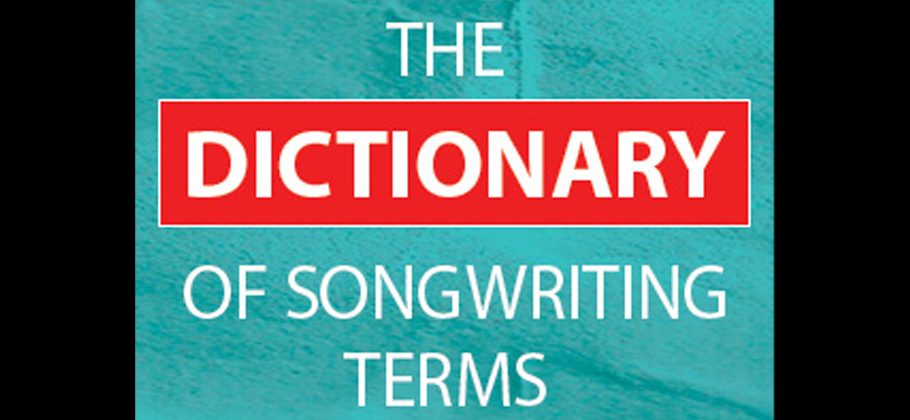by Marty Dodson
Mar 29, 2024

Lots of songwriters in SongTown just want to become better writers for their own pleasure – and that’s awesome! We love helping people get more out of their writing just because it makes them feel good. Another significant group in “Town” is trying to write commercially and break into the music business. If that’s your goal, you need to learn to speak the music business language, or you’ll wind up looking like you don’t know what’s going on when you encounter people already in the business.
Here are some proper uses of music business words:
HOLD
A hold is a request by an artist or a representative of an artist to give them first right of refusal on a song. If Katy Perry puts your song on hold, it means that she’s asking you not to give it to anyone else before she decides for sure whether or not it will make her record. Record labels, producers, managers and artists themselves put songs on hold. Publishers do not. If someone tells you that your song is “on hold” and it’s not one of the groups listed above, they are blowing smoke and hyping you up.
CUT
A cut is a song that is recorded by an artist on a label. When people in the business talk about cuts, they mean that an artist on a record label has licensed and recorded a song. My cousin Billy recording my song on his homemade album is not a “cut” in the music business world. So, if you tell someone that you have 10 “cuts” and they find out that you are talking about cousin Billy’s record, they will know you are not legit. If you wanted to be accurate, you could clarify by saying “I have 10 songs on an independent record my cousin did.” That’s a good thing. But it’s not a “cut” in the music business world.
DEMO
A demo is a “demonstration recording”. In the music business, it means you are paying everyone involved (musicians, engineers, studio, etc) to make a recording that you can play for other people to illustrate what your song sounds like. You may not sell or profit from a demo in any way. You can’t license it for sync, use it on a CD, etc. No selling, streaming, or any other commercial use.

SINGLE
In the music business, a “single” is a song released to radio. People sometimes talk about a Spotify single these days if they are only releasing a song on Spotify. But, they always qualify it as a “Spotify single” because they know that music business people will think it’s a radio single if they just say “single”. Again, if you tell someone in the music business that you have a single out and they find out you just released your own song on iTunes or on your Facebook page, they will think you are either being misleading or you don’t know what you are talking about. If you release your own music, that’s great! Just be sure you are communicating accurately with people in the business about it and that you don’t come across the wrong way. Nobody likes to deal with someone who misleads or is clueless.
PUBLISHER
A publisher is someone or a company that creates, licenses and administrates music. They sign writers and/or songs and they try to get those songs recorded. Once the songs are recorded, they do all of the admin to make sure that their writers (and they) get paid. Publishers don’t put songs on hold (see above). Publishers are generally only working to get their staff writers cuts. Publishers who do “Pitch To Publisher” events are doing so because they get paid to do that event, not because they are actively seeking to sign single song contracts. Some publisher who do these events actually NEVER sign single songs. What does that mean? It means you are wasting your time and money pitching to most publishers. If possible, always ask the publisher if they sign single songs and how many they have signed. That’s important information to know if you are paying to pitch to one.
Learning to speak music business makes you come across as professional and “in the know”. Using these words incorrectly can burn a bridge in a heartbeat. Sadly, many songwriter organizations use these words the wrong way to hype people up and get their money. Telling you that a publisher put your song on “hold” makes you more likely to pay them for more pitches, but it isn’t a real thing. Now, you know better. You wouldn’t try to do business in Germany if you didn’t know German, so learn to speak music business before you invest there.
Write on,
Marty Dodson
share
Write Better Songs Faster
Songwriting Success is Clay & Marty's 10-day video series that will help you level-up your songs and finish them faster. Enter your email address to get started!



